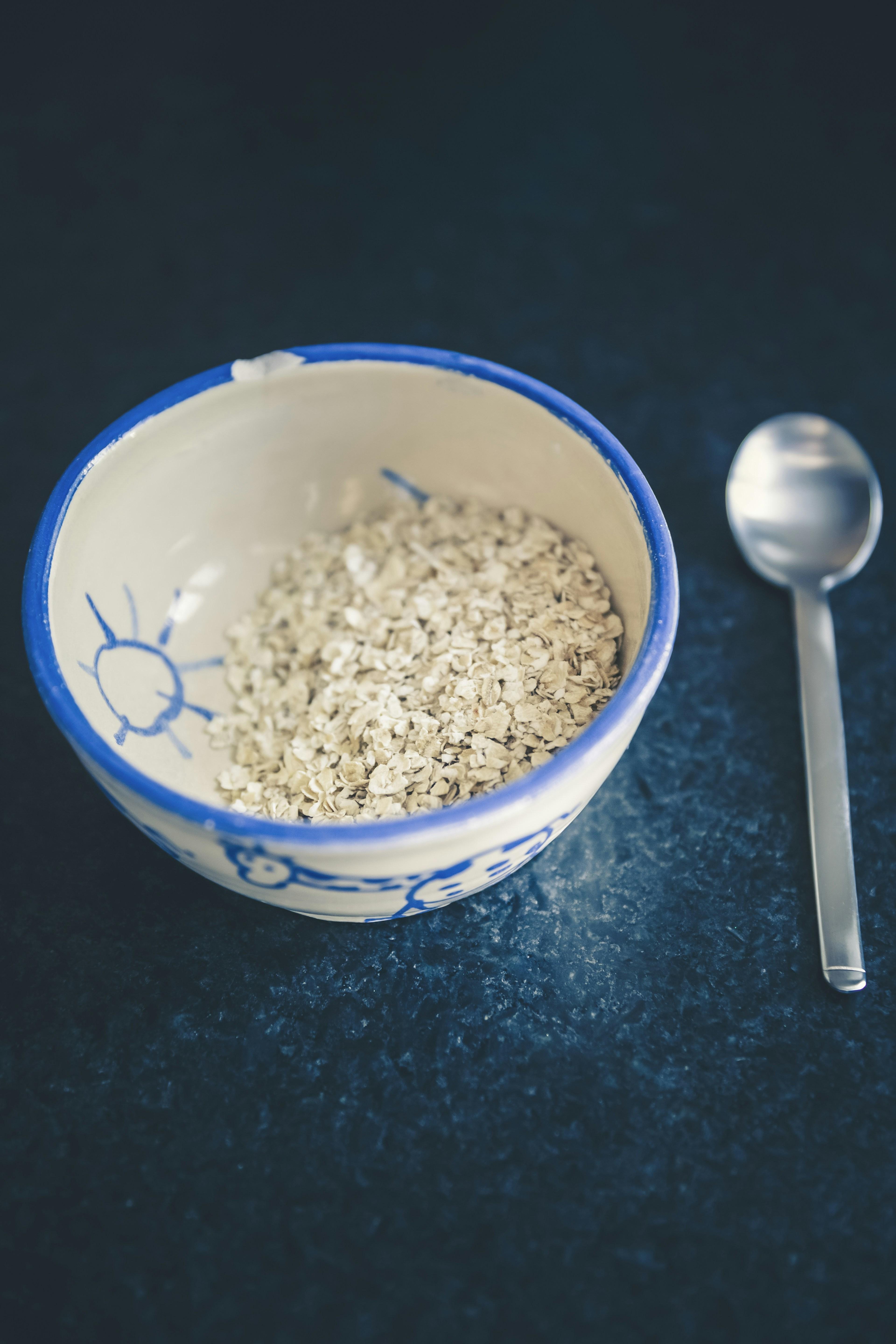In the grand culinary tapestry, few elements are as misunderstood as fats. Revered in some circles and reviled in others, these complex molecules have sparked debates that echo from bustling kitchen tables to the quiet corridors of scientific research. Are fats the sumptuous saviors of flavor, or the clandestine culprits lurking in our diets? In “,” we embark on a journey to unravel the intricate narratives woven around fats, exploring their roles, myths, and truths. With a neutral lens, this article delves into the science and culture of fats, inviting you to ponder whether they truly deserve their double-edged reputation.
Understanding the Role of Fats in Our Diet
In the intricate tapestry of nutrition, fats have often been the misunderstood thread. Far from being mere dietary villains, fats play a crucial role in maintaining the body’s harmony. They are the body’s source of energy, more than twice as dense in energy as carbohydrates or proteins, making them essential for long-lasting fuel. Moreover, fats are vital for absorbing fat-soluble vitamins such as A, D, E, and K, which are crucial for maintaining various bodily functions.
- Saturated Fats: Often found in animal products, these fats have been linked to higher cholesterol levels, yet they can be enjoyed in moderation as part of a balanced diet.
- Unsaturated Fats: These heart-friendly fats, found in olive oil, avocados, and nuts, can help reduce bad cholesterol levels.
- Trans Fats: Commonly found in processed foods, these should be consumed sparingly as they can negatively impact heart health.
Understanding the diverse roles of different types of fats can empower us to make informed dietary choices, transforming them from feared foes to valuable friends in our nutritional journey.
The Science Behind Healthy and Unhealthy Fats
Understanding the intricate world of fats is crucial for making informed dietary choices. At the molecular level, fats are made up of carbon, hydrogen, and oxygen atoms. They come in various forms, primarily categorized as saturated, unsaturated, and trans fats. Saturated fats, found in animal products and some tropical oils, are typically solid at room temperature. These fats have been linked to increased cholesterol levels and a higher risk of heart disease. Trans fats, often found in processed foods, are the result of hydrogenating unsaturated fats, making them even more harmful by raising bad cholesterol levels while lowering good cholesterol.
On the brighter side, unsaturated fats are considered beneficial and are liquid at room temperature. These include monounsaturated and polyunsaturated fats, found in foods like olive oil, avocados, nuts, and fish. They support heart health by improving cholesterol levels and reducing inflammation. Within this category, omega-3 and omega-6 fatty acids are essential, meaning they must be obtained through diet. While unsaturated fats are beneficial, balance is key, as excessive intake of even healthy fats can lead to weight gain and other health issues. To maintain a healthy diet, consider incorporating:
- Avocados and olives
- Nuts and seeds
- Fatty fish like salmon and mackerel
- Plant-based oils such as olive and canola oil

Balancing Fat Intake for Optimal Health
Understanding the role of fats in our diet is crucial for maintaining optimal health. Fats are not just a source of energy; they are essential for numerous bodily functions, including hormone production, nutrient absorption, and cell structure maintenance. However, not all fats are created equal. Striking a balance between different types of fats can make a significant difference in overall well-being.
To achieve a healthy balance, consider the following tips:
- Include healthy fats: Focus on incorporating sources of unsaturated fats such as avocados, nuts, seeds, and olive oil. These fats can help reduce bad cholesterol levels and are beneficial for heart health.
- Limit saturated fats: Found in animal products and certain oils, excessive intake of saturated fats can lead to an increase in LDL cholesterol. Moderation is key.
- Avoid trans fats: Commonly found in processed foods, trans fats are linked to increased heart disease risk. Always check food labels for partially hydrogenated oils.
By being mindful of the types and amounts of fats consumed, you can enjoy their benefits without compromising your health.

Expert Tips for Incorporating Fats into Your Meals
Understanding how to include fats in your diet effectively can transform your meals into nutritious powerhouses. Here are some expert strategies to make fats work for you:
- Choose Quality Over Quantity: Opt for healthier fat sources like avocados, nuts, seeds, and olive oil. These options are rich in monounsaturated and polyunsaturated fats, which are beneficial for heart health.
- Balance is Key: Incorporate a variety of fats to ensure a balanced intake. For instance, mix omega-3 rich foods such as flaxseeds and salmon with omega-6 sources like sunflower oil.
- Pair with Nutrient-Dense Foods: Enhance the nutritional value of your meals by pairing fats with fiber-rich vegetables or whole grains. This combination not only improves digestion but also helps in better absorption of fat-soluble vitamins.
Remember, moderation is crucial. While fats are essential, consuming them in appropriate amounts is vital to maintaining a healthy diet. Experiment with different recipes and enjoy the rich flavors that healthy fats can bring to your table.
Wrapping Up
As we conclude this exploration into the complex world of dietary fats, we find ourselves standing at a crossroads where science, health, and culinary delight intersect. Fats, in their varied forms, have long been cast in both the roles of hero and villain in the narrative of nutrition. Yet, as we’ve uncovered, the truth lies not in the extremes but in the balance.
In embracing fats as neither friend nor foe, but as nuanced players in our dietary landscape, we open the door to a more informed and mindful approach to eating. Whether it’s the lush richness of an avocado, the crisp crackle of olive oil in a pan, or the guilty pleasure of a butter-laden pastry, fats hold a place in our diets that is as complex as it is vital.
So, let us navigate this terrain with curiosity and care, acknowledging the power of fats to nourish and delight, while remaining vigilant to their potential pitfalls. In doing so, we not only honor our health but also the rich tapestry of flavors that fats bring to our lives. As we continue to learn and adapt, may we savor every bite with wisdom and joy.


































